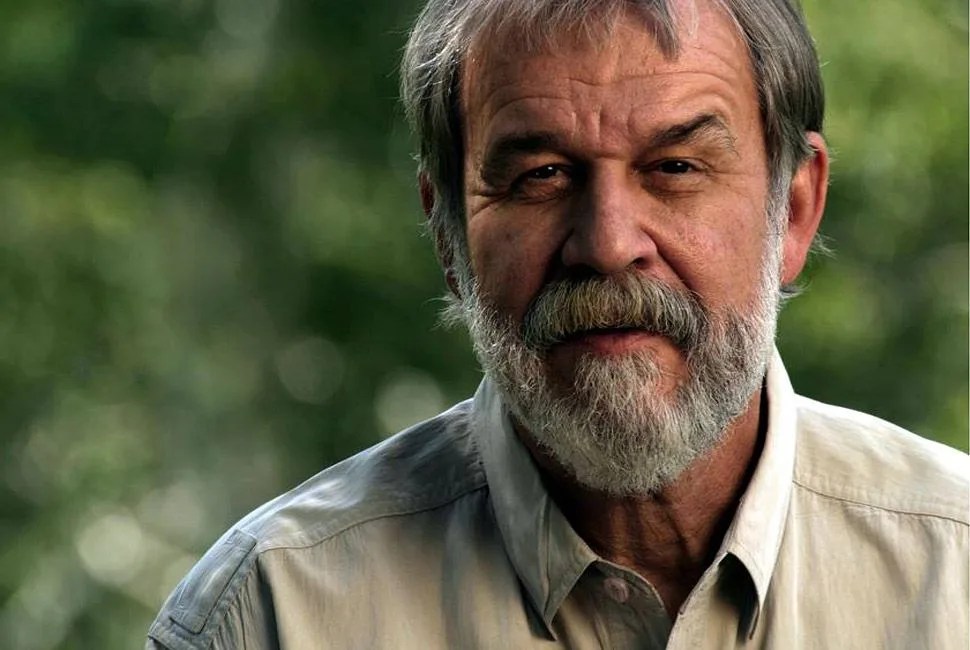There’s an old saying that dads sometimes like to tell their kids: “Give a man a fish and you feed him for a day; teach a man to fish and you feed him for a lifetime.” The same can be said for educating people in outdoor survival. Perhaps no one knows the value of outdoor education better than Buck Tilton, co-founder of the Wilderness Medicine Institute (WMI), a leading outdoor medical school that trains in first aid and pre-hospital emergency response. Now a part of the National Outdoor Leadership School, the organization has taught over 175,000 students, saving countless lives when things have gone wrong in the woods.
Born in South Carolina, Tilton moved west as a young adult to satisfy an enduring love for the outdoors, there trailblazing an occupation in wilderness education before the field was ever taken seriously. He has since authored 43 books, written some 1,300 articles, and become a long-standing contributor to Backpacker magazine. The recipient of both the Paul Petzoldt Award and Warren Bowman Award for contributions to wilderness education and medicine, Tilton can now be found assisting the Boy Scouts of America in rewriting their medicine curriculum (which he himself helped instate) or teaching freshman English at Central Wyoming College near his home in Lander, Wyoming. He can teach you how to fish, too.
MORE OUTDOOR INTERVIEWS: Andrew Skurka, Long-Distance Hiker | Alex Walker, Safari Guide | Michael Wardian, Distance Runner
Q. What’s one thing every man should know?
A. Life is far too short to be taken too seriously.
Q. What are you working on right now?
A. Being a better teacher. I’m also helping the Boy Scouts of America rewrite their wilderness medicine curriculum.
Q. When did you know you wanted to be an English teacher?
A. A few minutes after I was offered my first English-teaching job.
Q. Who or what influences you?
A. Books have been the biggest influence in my life. To name a few: The Tao of Pooh by Benjamin Hoff, The Snow Leopard by Peter Matthiessen, and Illusions by Richard Bach. I also have a special fondness for Jack London’s The Call of the Wild.
